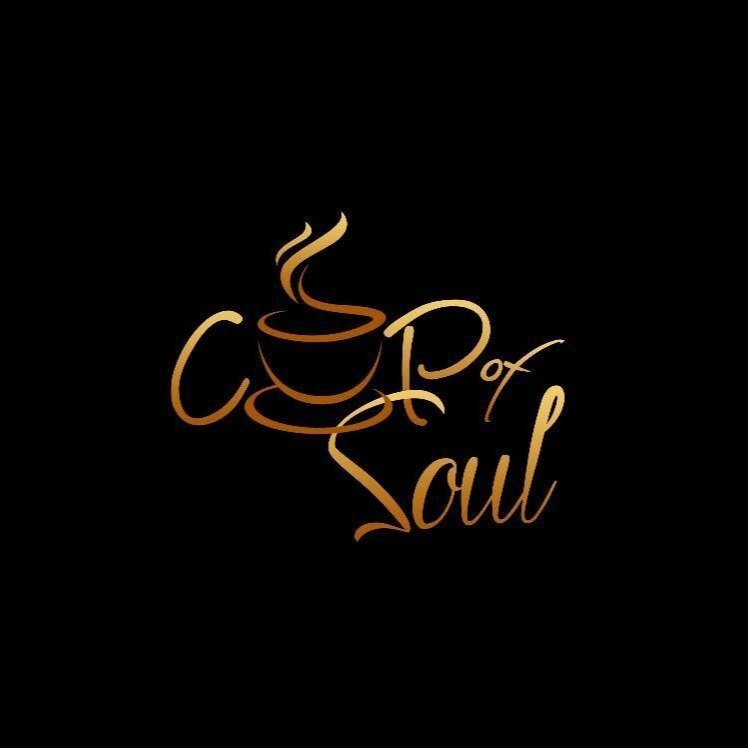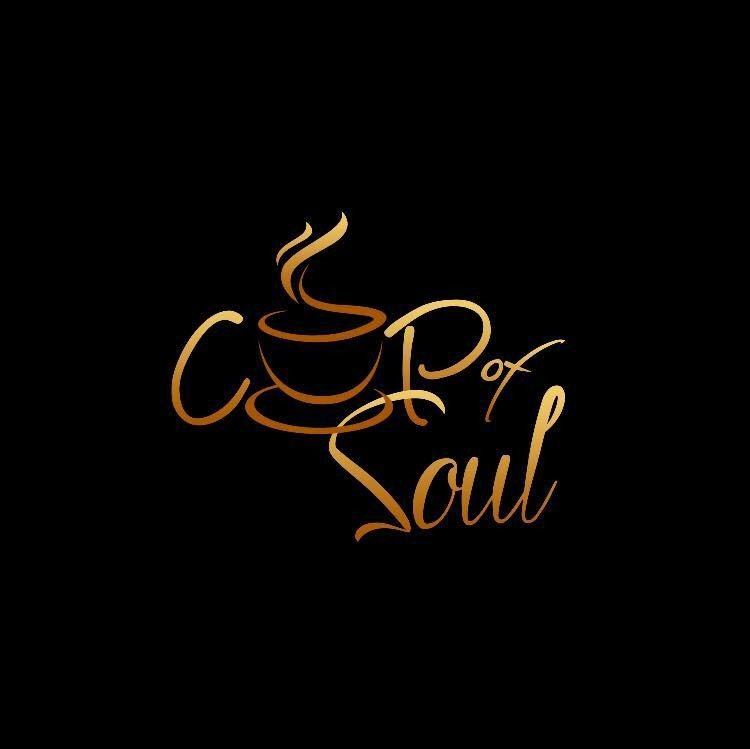
A love affair is not strong enough in Tyler Perry’s A Jazzman’s Blues
by Kathia Woods
A Jazzman’s Blues is the film many have been waiting on from Tyler Perry. Gone are the wigs, the costumes and at center is a heartbreaking love story exposing ugly truths about the Jim Crow South. The film premiered at the Toronto International Film Festival and is coming to Netflix on September the 23rd. This was Perry’s first time at the festival as a director.
The plot revolves around LeAnne and Bayou. Young Black people attempting to make a life for themselves in the face of racism, poverty, and family strife. They fit together like pieces of a familiar puzzle under Perry's assured direction and utilitarian screenplay. The end result is a victory for Perry.
Many will draw comparisons to The Notebook, but the two films share nothing other than forbidden love. For more than two decades, Perry worked on the script for A Jazzman's Blues. When he spoke with Wilson after witnessing his play "Two Trains Running," he felt motivated to continue the narrative.
The central couple of A Jazzman's Blues are Leanna (Soleil Pfeiffer) and Bayou (Joshua Boone), who live in Hopewell, Georgia. They bond because they are both dealing with family strife. Bayou is a quiet and polite, a mama's boy, which frustrates his stern father, a struggling musician. Willie Earl (Austin Scott), his brother, is a talented musician who is considered more masculine. He, too, mocks Bayou for being frail. Buster (E. Roger Mitchell), their father, abandons the family, dissatisfied with life and seeking one last chance at stardom.
Bayou's quiet demeanor allows his brother and father to torment him. He turns to his mother, Hattie Mae (Amirah Vann), who adores him. Hattie Mae, like many Black women of the time, is a survivor who runs a laundry service. Because Buster is an abuser, Mother and Son seek support from one another. Seeing Leanne bring Bayou out of his shell. He is smitten by her. LeAnne, unlike the other colored girls in Hopewell, is fair, fair enough to pass for white. The two lonely companions become friends. They stay up late at night talking about their dreams under an oak tree. Bayou becomes LeAnne's anchor, and she teaches him to read in return.
There are numerous elements that help transport the viewer into that turbulent period. The cadence of the language, the scenery, and the feel of the humid southern summers. But this is a Tyler Perry film, and just as it appears that our young lovers will have a happy ending, they are upended. LeAnne, who is being molested by her grandfather, is rescued by her mother. She transports her to Boston. Both will pass for white. Following her harrowing departure, Bayou feels abandoned and alone. He writes to LeAnne, but her mother intercepts the letters out of fear that their friendship will expose her and LeAnne's secret.
The heart of the film is Boone's performance as Bayou. He portrays Bayou, a man whose life is constantly thrown at him. He is not a helpless man; rather, he is a good man in a bad world. Not only is he in love with a complicated woman, but his older brother despises him as well. Willie Earl's hatred for Bayou is never explained in the film. Buster favored Willie Earl because he, too, was a musician, but we don't know why the two brothers had such a schism at first.
A Jazzman's Blues is not an easy film to watch, and the ending will leave many with more questions, but it is not boring. Perry demonstrates with this film that he is a capable filmmaker capable of giving us more than his usual troupes. It's not a new formula, but it's well executed.
A Jazzman’s Blues comes to Netflix on September the 23rd


